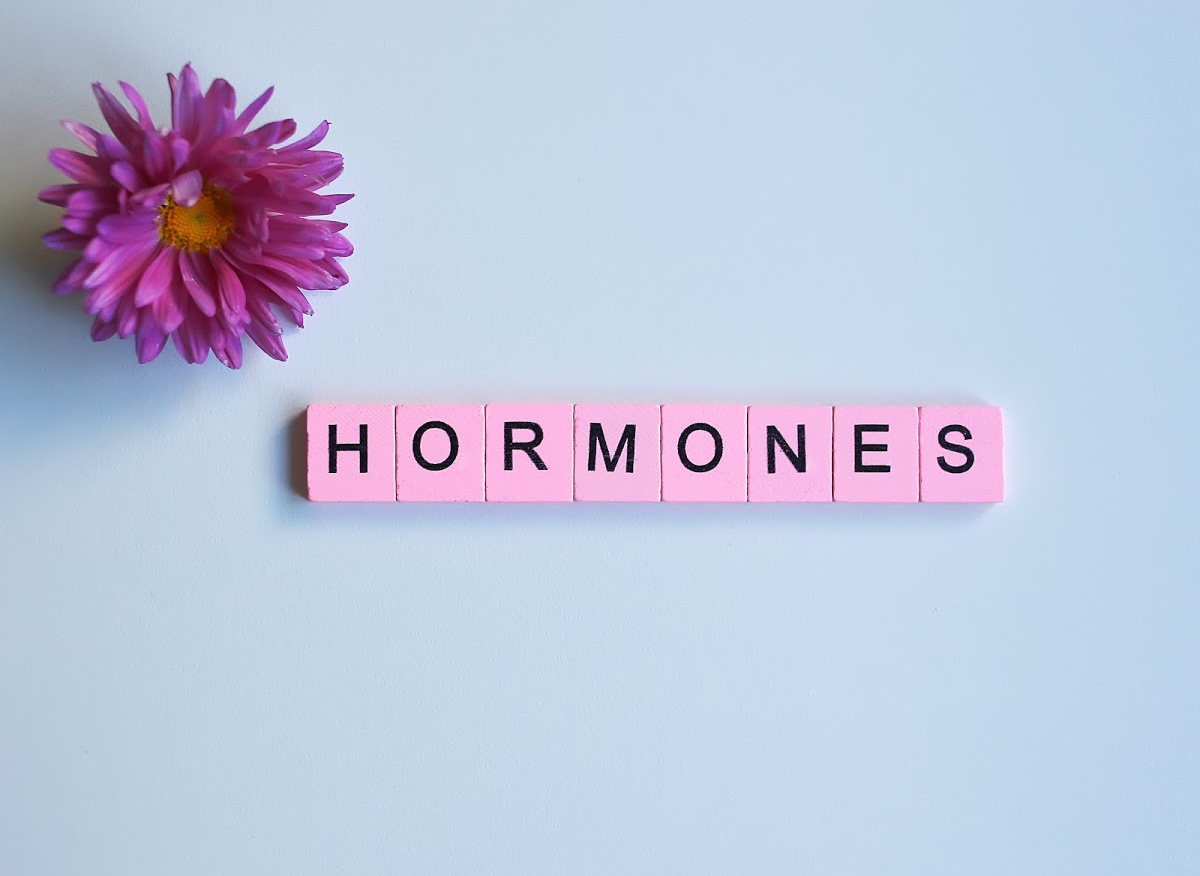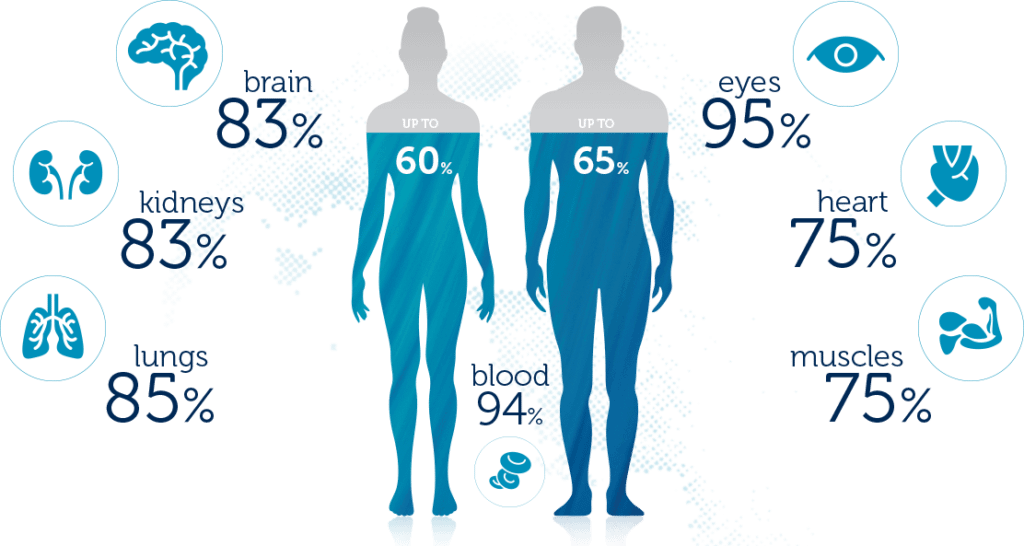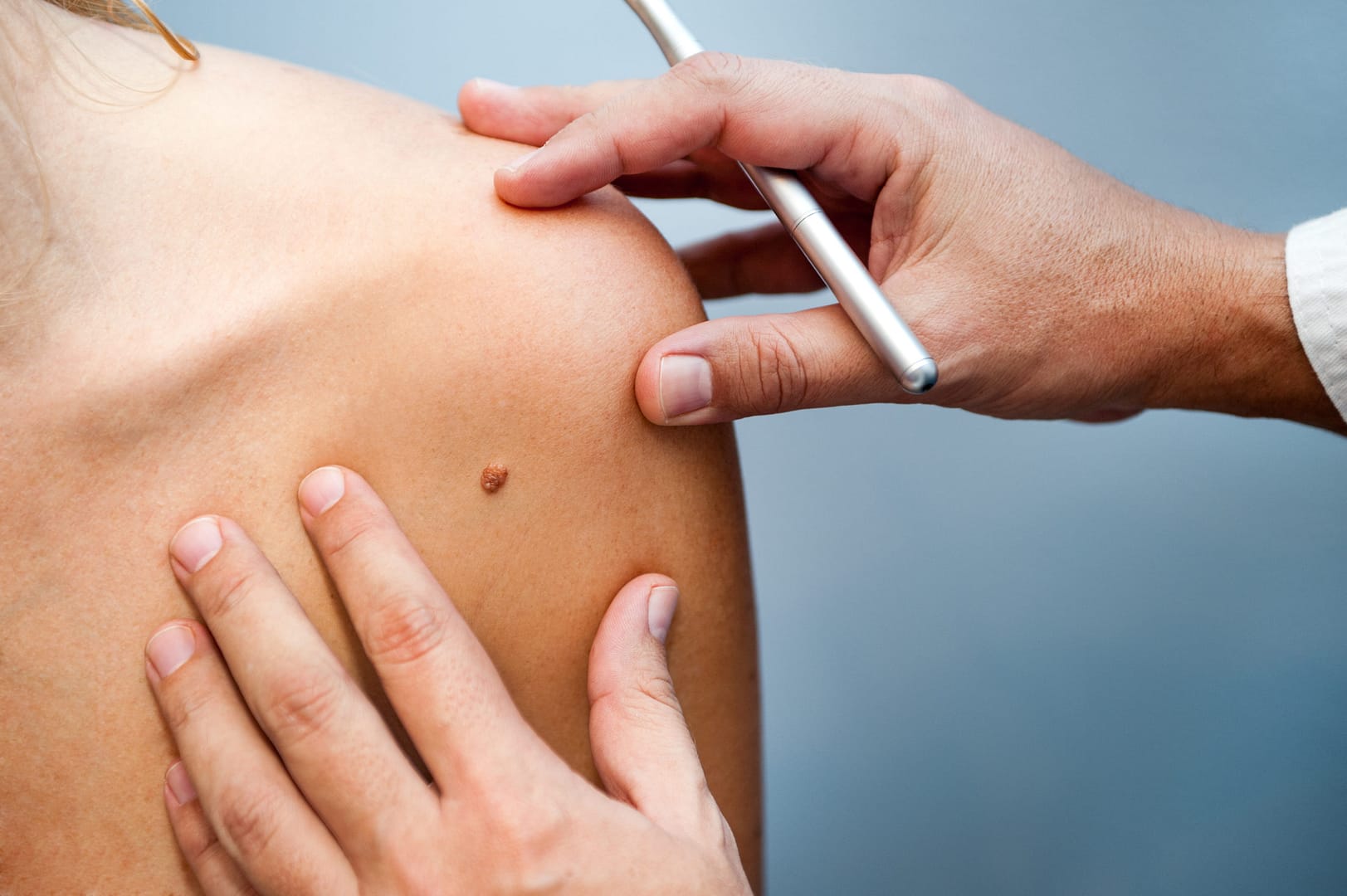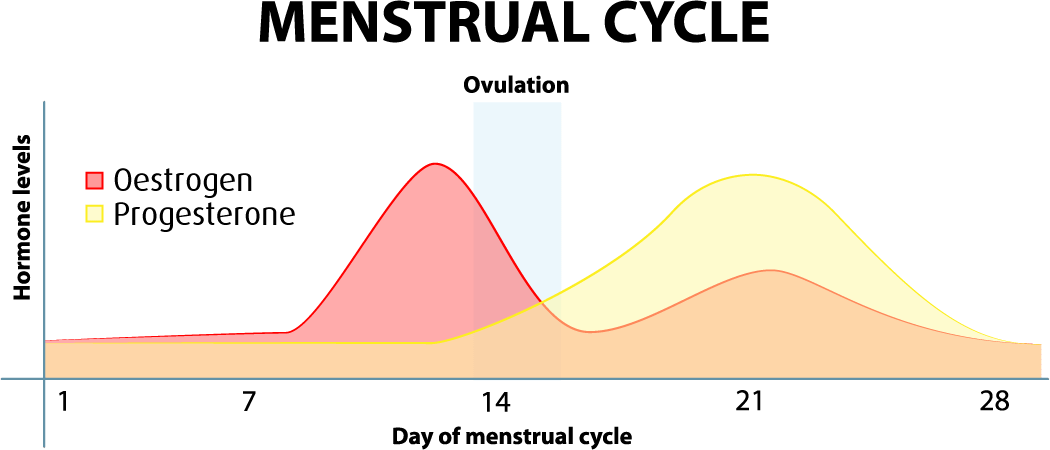Stress in today’s fast-paced society is at record highs. Nearly 80% of the general population is presenting with symptoms of adrenal fatigue, a complex of vague symptoms that negatively impact the blood sugar-metabolism-stress regulators in the body (Axe, 2014). While some stress is good and helps us to stay safe when danger is present, unrelieved stress wreaks havoc on the body, including the immune system, hormone balance, and mental well-being.
When stress gets out of control, the normal mechanism of action (releasing adrenaline [energy] and cortisol [sugar] into the bloodstream) becomes exaggerated. The body can only keep up with this influx of hormones for a limited time until it begins to crash and burn. That’s when the symptoms of adrenal fatigue creep to the forefront. Most folks are so busy that they don’t realize that the instinctual drive of “fight-or-flight” has become distorted; physical, emotional, and hormonal imbalance thus take hold. Over time, and without a lessening of physical and emotional stressors, long-term health implications can arise leading to full blown disease states.
Some of the symptoms of the complex known as adrenal fatigue include: aching in the body, lowered concentration, racing thoughts, mood swings, complaints of chronic fatigue, feeling overwhelmed, cravings for sweet & salty foods, and impaired hormone balance along with weight gain (Axe, 2014). If stress seems to be a chronic nuisance in your life, there are some simple but effective ways to stave it off and heal the body.
Lifestyle and dietary changes are the easiest and most cost-effective ways to reset stress hormones and improve functioning of the adrenal glands. When looking to make lifestyle changes, remember that these are the antithesis of bad habits: we are aiming to rewire our thinking to lower negativity and improve positivity. Some of the healthy habits to include consist of reducing your exposure to negative people and places; engaging in laughter, humor and positivity; getting a good nights’ sleep, ideally being in bed by 10p.m. and aiming for 7 hours sleep nightly; stay hydrated and exercise gently a few days per week in the morning, not at night. Don’t force yourself to engage in heavy activity; the adrenals need time to heal (Carnahan, 2015).
Diet is key to all health, including adrenal recovery: incorporate a medley of fresh fruits and vegetables; raw nuts and seeds; fresh mineral water and sea salt; healthy fats such as coconut oil, olive oil, and organic butter to help soften the cell walls to allow nutrients to enter, plus give the body a healthy fat to boost cellular energy and provide long-term blood sugar control; and limiting caffeine intake, especially after noon. It’s also vitally important to eat at regular intervals. Breakfast should be eaten before 10a.m. but within one hour of waking to help reset the hormones for the day (Carnahan, 2015).
Remember, healing takes time. Adrenal stress recovery is not going to happen overnight. However, if simple changes are made now, long term health has a much greater chance of being successful. Balance rest and engage in self-care activities. Reduce your exposure to negativity. Eat clean, whole foods at regular meal times. And work on resetting your body clock by going to bed and waking at regular intervals. We can’t avoid all stress, but we can certainly stay above water when it presents in life by keeping ourselves balanced physically and emotionally and taking proper health precautions.
Contributed by Terri Caunt R.N., B.S.N.
Bibliography
Axe, D. J. (2014, October 17). Dr. Axe 3 Steps to Heal Adrenal Fatigue. Retrieved 2015, from Dr. Axe Food is Medicine: http://draxe.com/3-steps-to-heal-adrenal-fatigue/
Carnahan, D. J. (2015, May 24). Dr. Jill Natural Treatments for Adrenal Fatigue. Retrieved 2015, from Dr. Jill Your Functional Medicine Expert: http://www.jillcarnahan.com/2015/05/24/natural-treatments-for-adrenal-fatigue/







